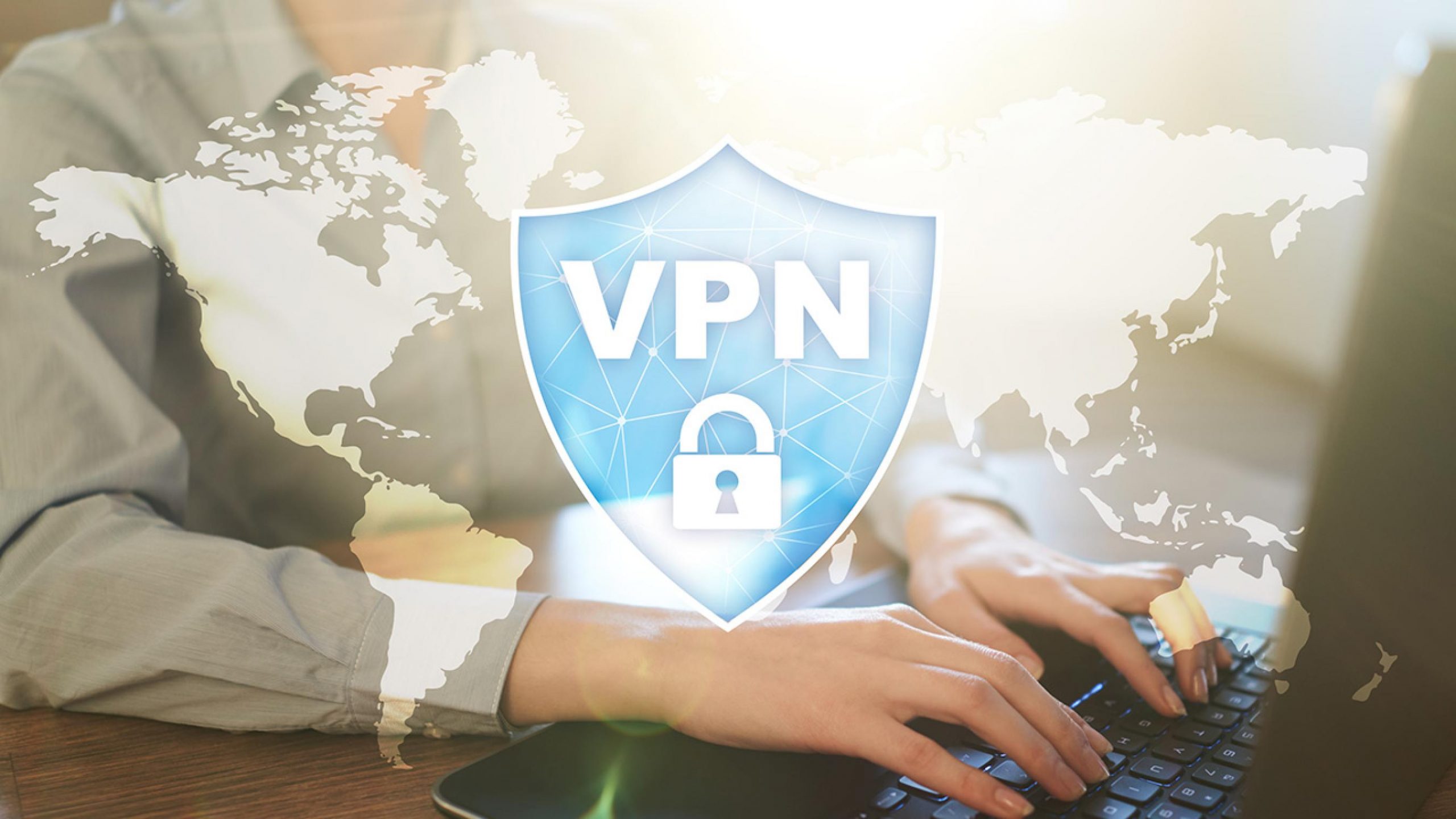
How a VPN Can Boost Your Security and Privacy

Government surveillance and cybercrimes have gone up in recent years, necessitating the need for increased privacy and security while on the internet. And when you do some Google search, you’ll find that the most advisable way of achieving this is by using a VPN. In this article, we’ll tell you how a VPN works to boost your privacy and security.
What is a VPN?
A VPN (short for Virtual Private Network) works by encrypting user traffic and then securely transmitting it to a VPN server through a private tunnel. This server then masks off the user’s real IP address and then assigns a new one. This means that when you connect your VPN and go online, your real identity is not exposed.
Further, the fact that your traffic was encrypted ensures that your ISP can’t monitor you, and neither can your data be intercepted. For more info on how a VPN works and the various uses, you can have a look at VPNOverview’s explanatory article.
How a VPN can boost your security & privacy
Hiding your Activities from the ISP
Your ISP can always see what you are doing online, and they usually use this information to profile you. Further, they are allowed by law to share the data with the government and other authorized parties.
You do not want your ISP knowing everything you Google, the sites you access, etc. A VPN helps accomplish this by encrypting all your requests, and so the ISP can only see some garbled mess. Further, it changes your DNS server, rerouting your requests from the ISP.
Changing your IP Address
IP addresses usually carry lots of information, such as your precise location and your ISP. Connecting to a VPN hides your real IP address and only displays the IP address of your new server. This means that you do not expose yourself to website owners and other third-parties such as copyright trolls.
Securing your data through encryption
Once your traffic is encrypted, cybercriminals are barred fr0m snooping on your data. This is especially useful if you transmit sensitive information or you use public WiFi hotspots. Without encryption, hackers can easily access your device and steal data or infect the device with malware when you are using public hotspots.
Providing Pseudo-anonymity
Once you connect to a VPN, the VPN server mixes your traffic with that of other users, with whom you share an IP address. The fact that many users are also using that IP address means that your activities will be anonymous, and so they can’t be easily traced back to you.
However, this is not complete anonymity since some VPNs keep connection time stamps and origin IP address, something that can be used to relate activities to a particular use.
It depends on the VPN
It’s important to note that while VPNs generally provide the above, they are not made equal. Some VPNs keep logs (which affects privacy) while others don’t. Different VPN providers also use different levels of encryption strength, making some more secure than others.
Apart from that, it’s also important to look for security and privacy features before you buy a VPN. For maximum privacy and security, ensure that your VPN has a kill switch and IPv6 & DNS leak protection.
